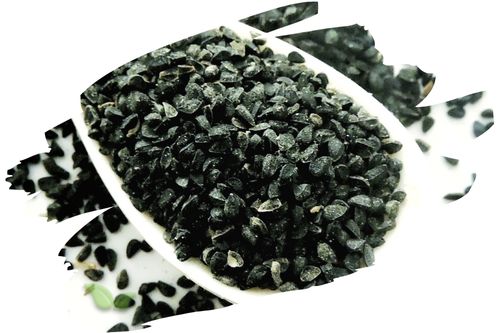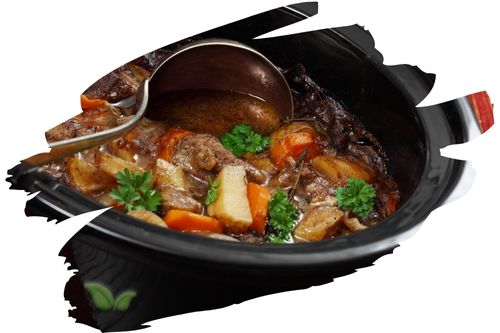
Introduction:
Seasoning cast iron cookware is a culinary tradition that transforms a simple pan into a powerhouse of cooking performance. Olive oil, with its rich and natural properties, is a popular choice for this process. In this guide, we'll delve into the world of seasoning cast iron with olive oil – a technique that results in a non-stick surface and imparts a depth of flavor to your dishes.
The Art of Seasoning Cast Iron with Olive Oil
Seasoning cast iron is about creating a protective layer that prevents sticking and imparts flavor to your cooking. Olive oil, with its high smoke point and natural richness, is an excellent choice for this process.
Benefits of Using Olive Oil
Olive oil offers several benefits for seasoning cast iron:
- Non-Stick Finish: The polymerization of the oil creates a non-stick surface that improves with each use.
- Flavor Enhancement: The oil adds a subtle depth of flavor to your dishes.
- Natural Choice: Olive oil is a healthier and natural alternative to some commercial seasoning products.
Step-by-Step Guide to Seasoning Cast Iron with Olive Oil
Step 1: Clean the Cast Iron
Start with a clean cast iron pan. If it's a new pan, wash it with warm, soapy water to remove any manufacturing residues. If it's an old pan, scrub off any rust or debris.
Step 2: Dry Thoroughly
After cleaning, ensure the pan is completely dry. You can place it on a stovetop burner set to low heat to evaporate any remaining moisture.
Step 3: Apply Olive Oil
Using a paper towel or cloth, apply a thin layer of olive oil to the entire surface of the pan, including the handle and outer sides.
Step 4: Remove Excess Oil
After applying the oil, use a clean paper towel to wipe off any excess. You want a very thin, almost invisible layer of oil on the pan.
Step 5: Bake the Pan
Place the pan upside down in a preheated oven set to 375°F (190°C). Place a sheet of aluminum foil on the oven's bottom rack to catch any drips. Bake the pan for 1-2 hours.
Step 6: Cool and Repeat
Turn off the oven and allow the pan to cool inside. Repeat the seasoning process 2-3 times to build a strong seasoning layer.
FAQs About Seasoning Cast Iron with Olive Oil
Can I use extra virgin olive oil? Yes, extra virgin olive oil works well for seasoning. Its slightly lower smoke point is not an issue during the seasoning process.
How often should I reseason my cast iron? Regular cooking and proper cleaning can maintain the seasoning. However, if you notice food sticking or the pan looking dull, it's time to reseason.
Can I use other oils for seasoning? Other oils with high smoke points, like vegetable oil or grapeseed oil, can also be used for seasoning. However, olive oil's natural properties make it a popular choice.
Should I season the pan after each use? While you don't need to season the pan after each use, it's beneficial to rub a thin layer of oil on the pan occasionally to maintain its non-stick properties.
Conclusion
Seasoning cast iron with olive oil is an age-old technique that yields exceptional cooking results. By following these steps and understanding the benefits of using olive oil, you can create a cast iron pan that's not only non-stick but also imparts a unique depth of flavor to your culinary creations. With proper care, your seasoned cast iron cookware can be cherished and enjoyed for generations.
Alert: While spices can have many beneficial properties for health, using them for medical purposes should be done under the guidance and supervision of a healthcare professional or specialist. Some spices may interact with medications or cause adverse reactions in certain individuals, and it is important to use them safely and appropriately. If you are considering using spices for a medical condition, it is important to consult with a healthcare professional before doing so.




















































